Responding to questions, Minister of Transport Nguyen Van Thang said many BOT projects are losing money due to reality, not the fault of the investors.
At the question-and-answer session on the afternoon of June 7, many National Assembly deputies raised issues surrounding loss-making BOT projects, affecting investors and causing bad debt for banks.
Delegate Le Hoang Anh (Standing member of the National Assembly's Finance and Budget Committee) said that many businesses have invested in BOT projects but have so far suffered losses and are unable to recover capital due to parallel routes or bypass routes that disrupt the project's financial plan. For example, the investment project to upgrade and expand Ho Chi Minh Road, the section in Dak Lak, has caused businesses to stand on the brink of bankruptcy.
Minister Nguyen Van Thang said that 10-15 years ago, when resources were limited, the Ministry of Transport created all conditions to invite investors to participate in BOT projects to invest in transport infrastructure. When the socio-economic development, the Ministry continued to invest in transport, especially connecting infrastructure, so many old projects were affected.
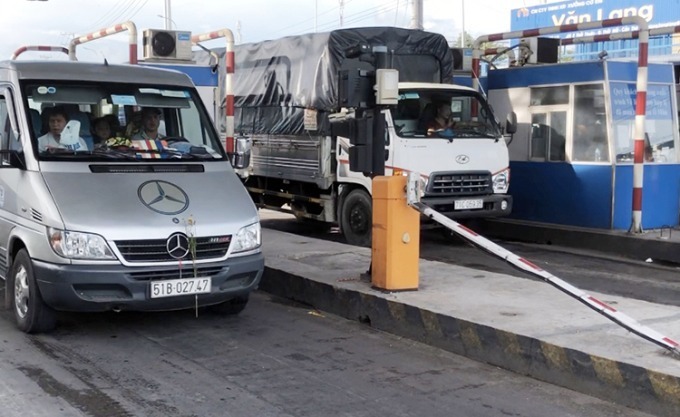
In 2019, T2 station had to continuously release the station because of drivers' reactions causing congestion. Photo: Cuu Long
Mr. Thang gave an example of when the Dau Giay - Phan Thiet expressway was inaugurated, the BOT project on National Highway 1A through Binh Thuan saw its revenue decrease by 83%, because many vehicles chose to use the expressway because it was faster and did not have to pay a fee. Similarly, when the Buon Ho bypass was built, the investment project to upgrade and expand the Ho Chi Minh road and National Highway 14 in Dak Lak was affected.
In addition, many BOT stations have been completed but tolls have not been collected due to public protests, so investors have had to bear the brunt. "Many projects are not the fault of the investors, nor the fault of the government, but due to socio-economic development, due to practical needs arising, this route must be opened, that section must be built, leading to this story," said Mr. Thang.
According to the Minister, the BOT contract and the PPP Law stipulate that when a business's BOT investment project exceeds 125% of its estimated revenue, the investor must share it with the state. In return, if the revenue falls below 75% of the estimate, the state must share the risk.
"Based on signed contracts, when revenue reaches a certain level, the state must buy it back and this is a term and condition in the contract, not that the state gives special privileges or benefits to businesses," he affirmed.
Delegate Le Hoang Anh continued to debate, asking the Minister to let him know when the Ministry of Transport will complete handling the problematic BOT stations?
Minister Nguyen Van Thang said that working groups have been set up to survey localities and review BOT projects. Currently, 8 problematic BOT projects have been submitted by the Ministry of Transport to the Government in the direction of the State purchasing all or part of the projects.
Minister Thang also said that during the handling process, the Ministry had to negotiate not only with investors but also with banks, requiring investors to give up all equity profits, requesting banks to reduce interest rates, or waive interest rates, to minimize losses for investors.
"We are doing our best to thoroughly remove and protect businesses investing in BOT projects affected by objective conditions," said Mr. Thang.
Delegate Tran Anh Tuan (Deputy Director of the Department of Planning and Investment of Ho Chi Minh City) asked the Minister to state the current situation of projects that had been approved under the PPP model, then switched to public investment, causing the projects to be prolonged and have negative impacts.
Minister Nguyen Van Thang said: "Personally, I and the transport sector are very concerned because since the promulgation of the PPP Law (2020) until now, we have not been able to attract many businesses to invest in infrastructure projects under the PPP form". Meanwhile, the capital demand for transport infrastructure is very large, the 2021-2025 period requires 462,000 billion VND, and in fact, up to now, only 66% of the demand has been allocated, so socialized capital sources are needed.
The Minister pointed out that some projects have encountered shortcomings and losses in the past, which has caused many investors to worry. Therefore, in the near future, the Ministry of Transport will propose some solutions to attract PPP investment capital, especially to create trust for businesses, create equality with businesses, and consider institutions to make appropriate adjustments.
On the morning of June 8, Minister of Transport Nguyen Van Thang had an additional 1.5 hours to answer questions from National Assembly deputies, before Deputy Prime Minister Le Minh Khai took the stage.
Source link


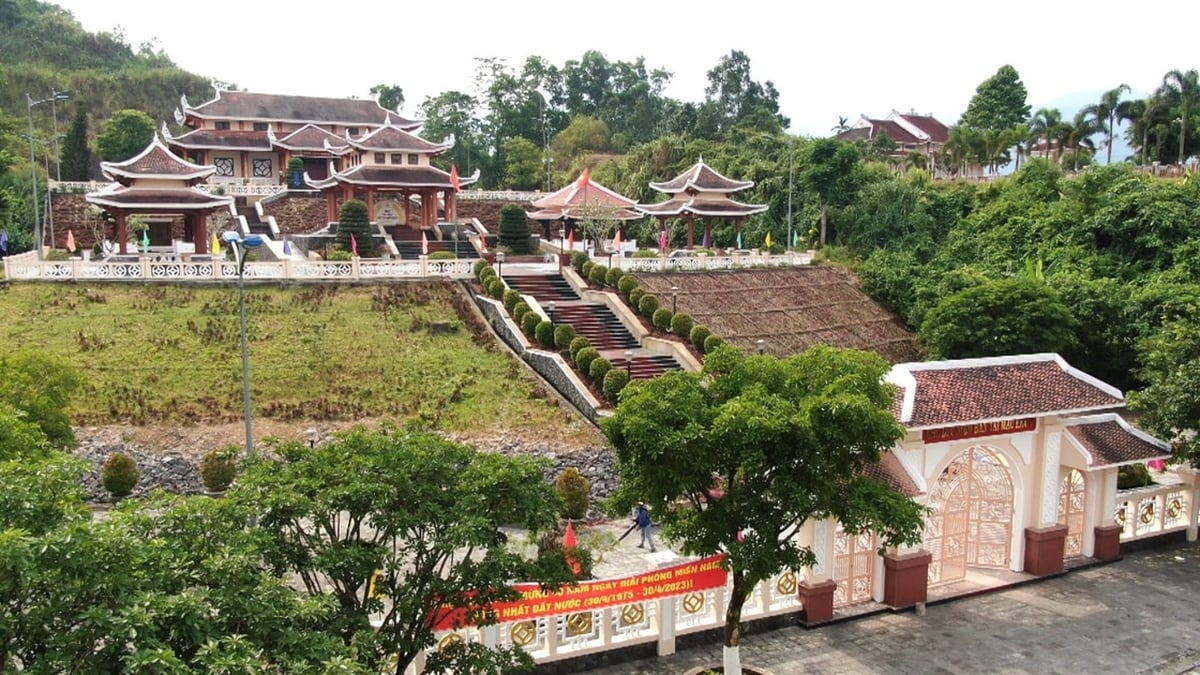

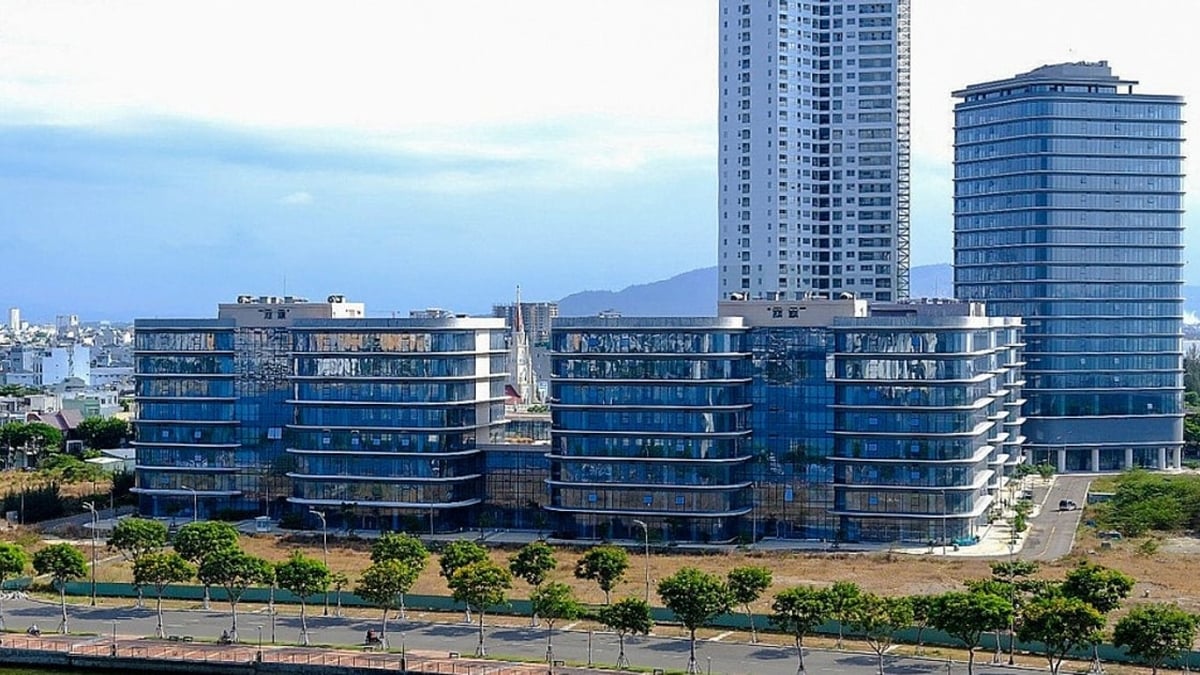
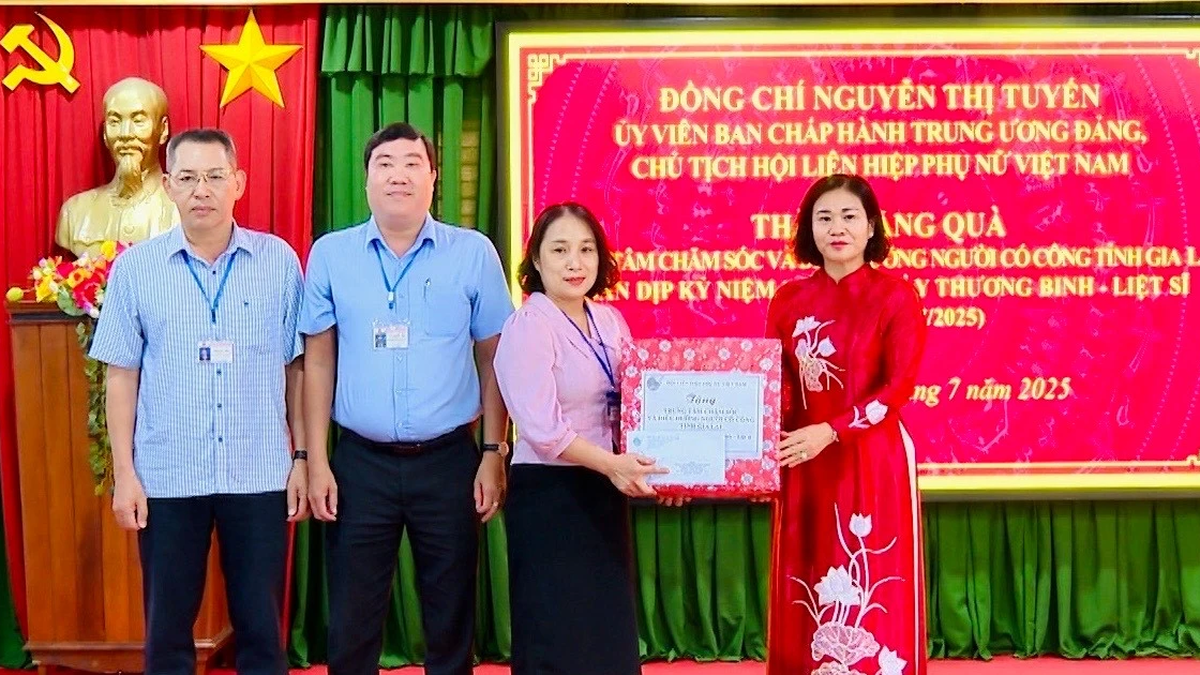
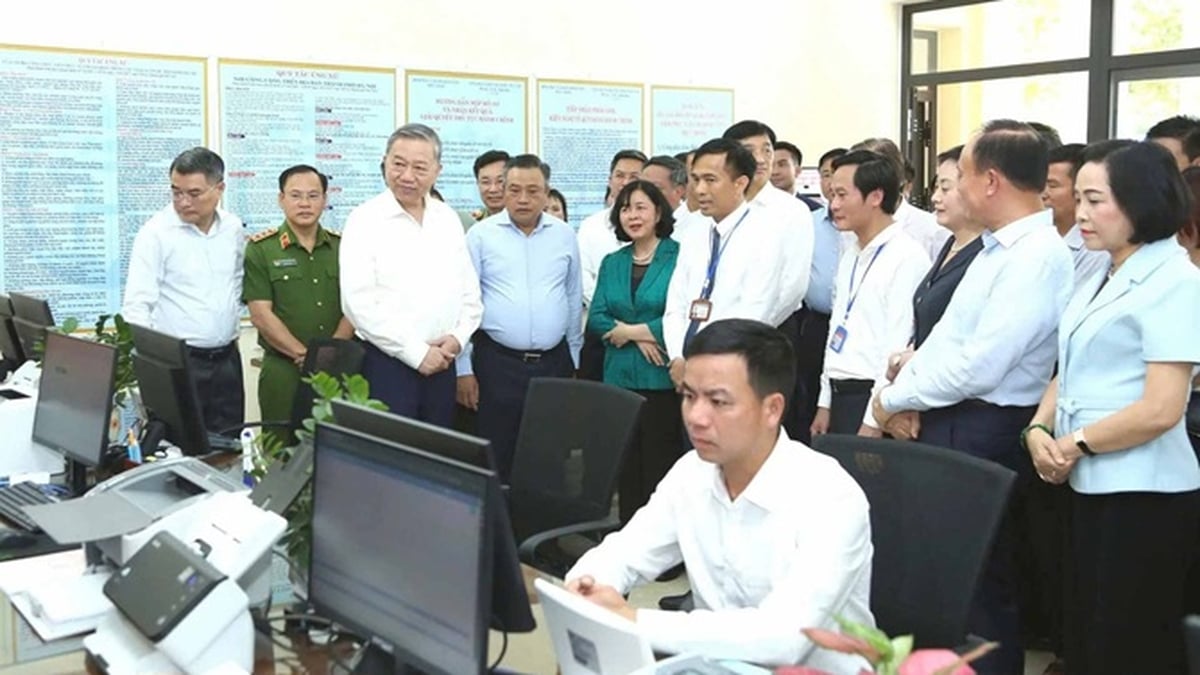


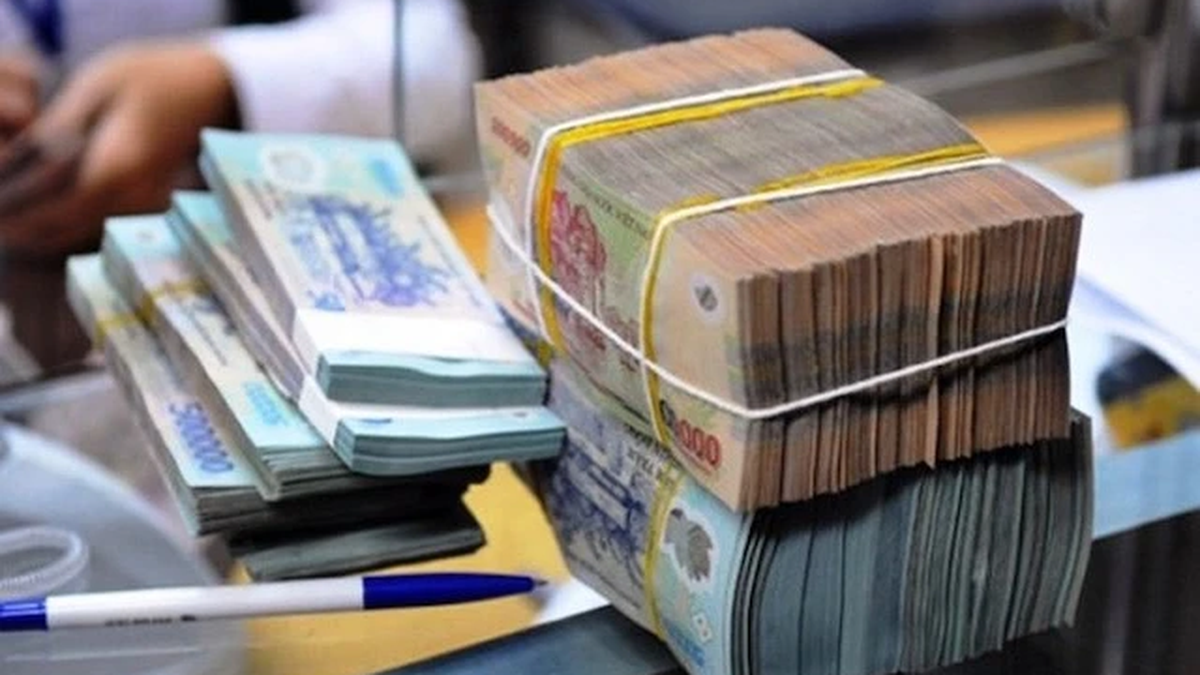

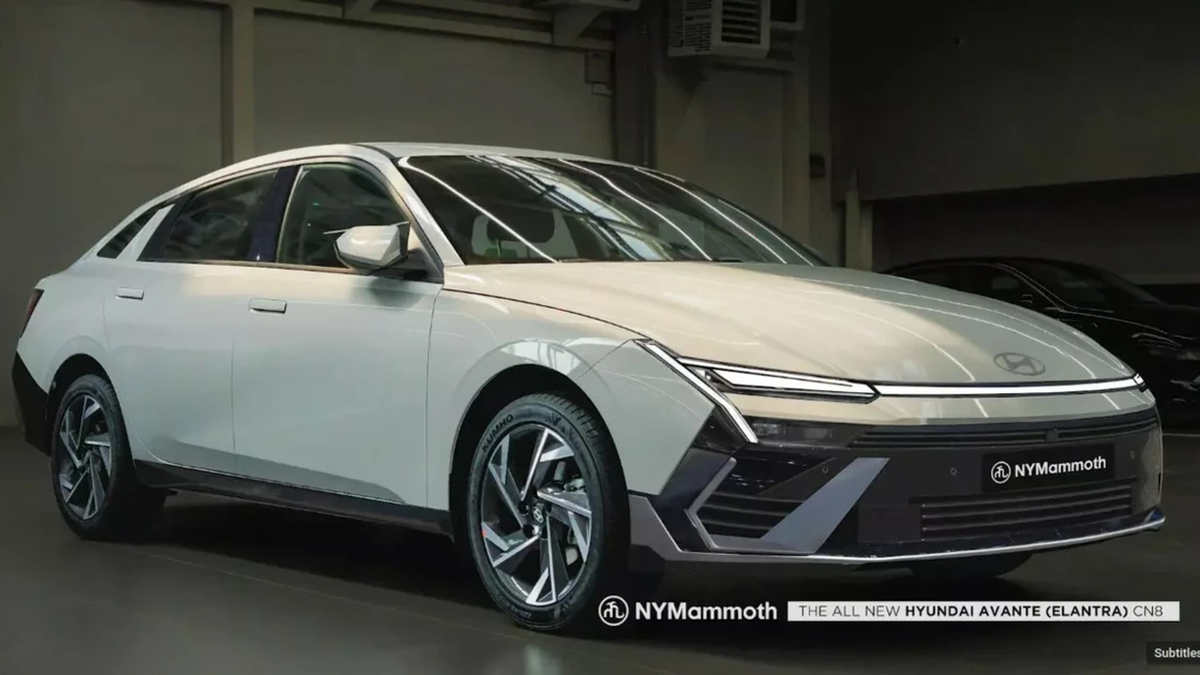

















































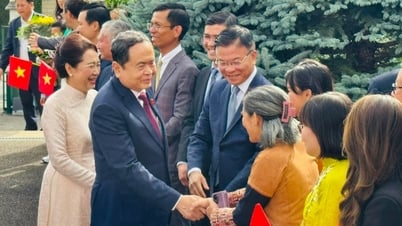
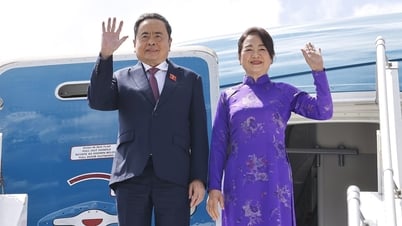





































Comment (0)